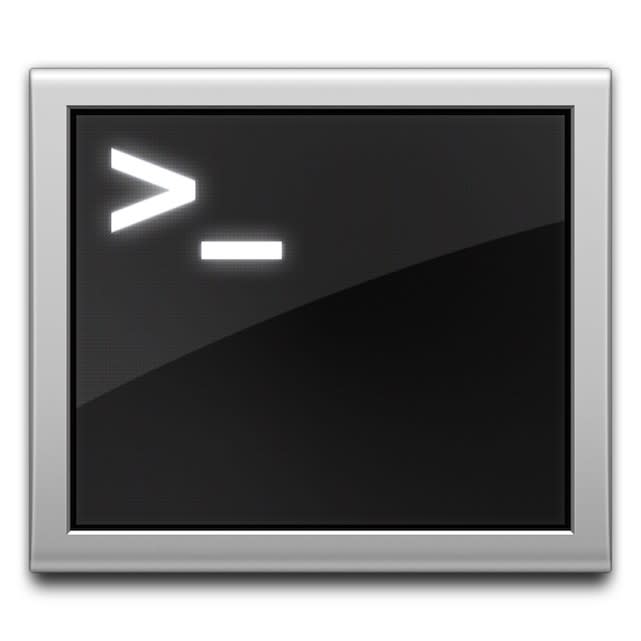Automatically unhide the /Users folder after 10.9.3 update

Update 2014-05-17: There is strong evidence via The Mac Observer that this was caused by an odd combination of iTunes 11.2 and Find My Mac, not 10.9.3. Apple even mentioned a related permissions issue in the security release notes for iTunes 11.2.1 So the best fix for this is to download and install iTunes 11.2.1.
Apple released Mac OS X 10.9.3 which seemed like a fairly minor update, but some users reported that their /Users/ folder was hidden after they restarted their Macs. I haven't seen this myself but Chris Breen at Macworld explained that the problem could be solved by running:
chflags nohidden /Users
in the Terminal. Unfortunately, when you restart your Mac, you will have to run the command again. Chris walked through the steps of creating an AppleScript app to do this, but that requires hard-coding your administrator password into an app. That's probably completely safe, but there's an easier way. (Well, it won't look easier at first, but bear with me.)
You can create a launchd plist which will run this command every time that your computer starts, and it can be run as root without having to make it into an app. To do this, the plist has to be place into /Library/LaunchDaemons/ and must be owned by "root:wheel" and the permissions should be set to "-rw-r–r–" (chmod 644).
The plist should look something like this:
You can download my com.tjluoma.unhide-users.plist, install it to /Library/LaunchDaemons/com.tjluoma.unhide-users.plist and set the permissions and ownership if you want, or (here's where it gets easy) you can download Unhide-Users.pkg and run it using Apple's Installer.app. It will install the file for you in the proper place, with the proper permissions and ownership, and load the plist for you as well. You will be prompted to enter your administrator password.
To uninstall: Regardless of which method of installation that you choose, uninstalling this is as simple as entering this line in Terminal:
sudo rm /Library/LaunchDaemons/com.tjluoma.unhide-users.plist 
